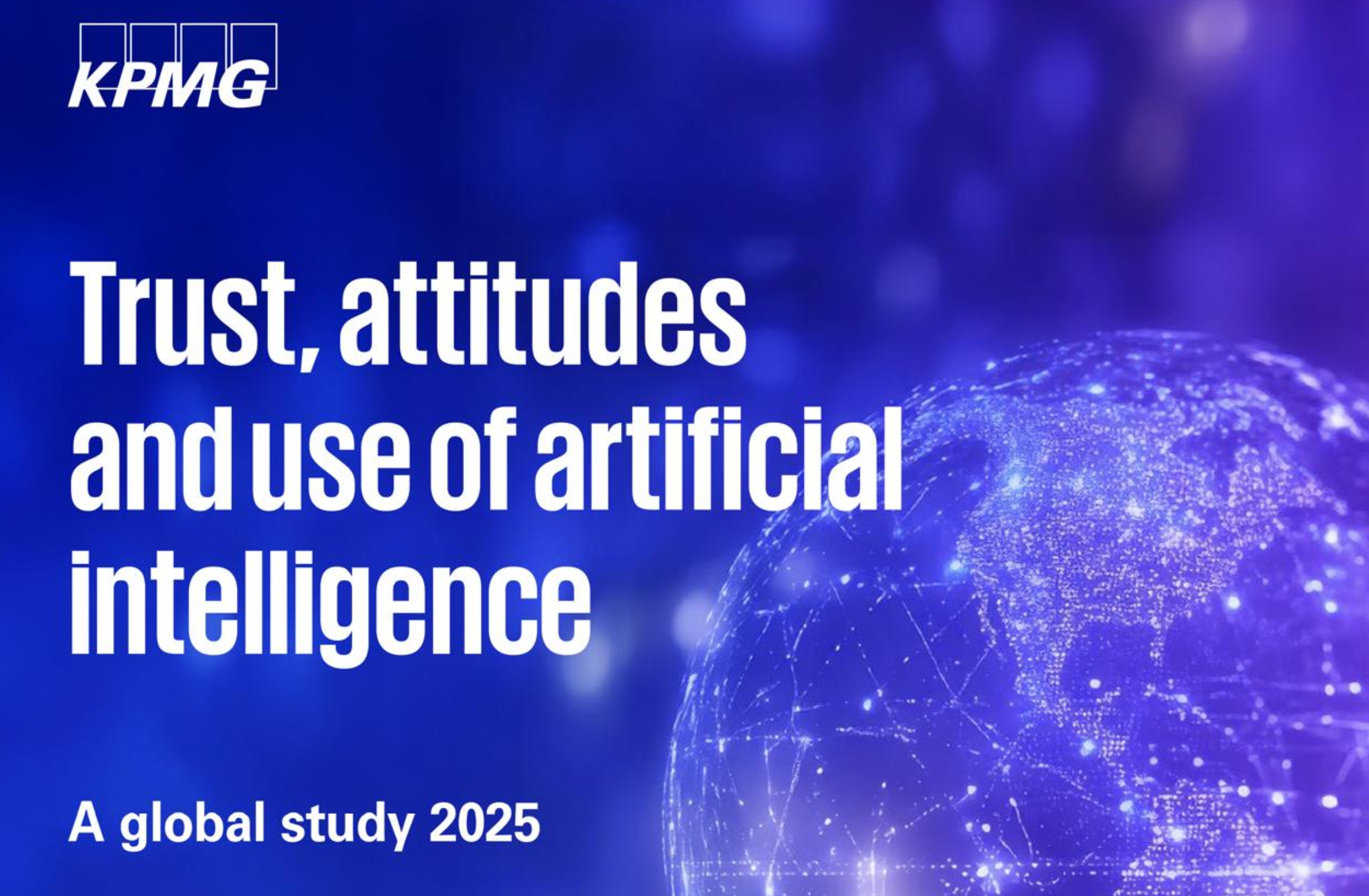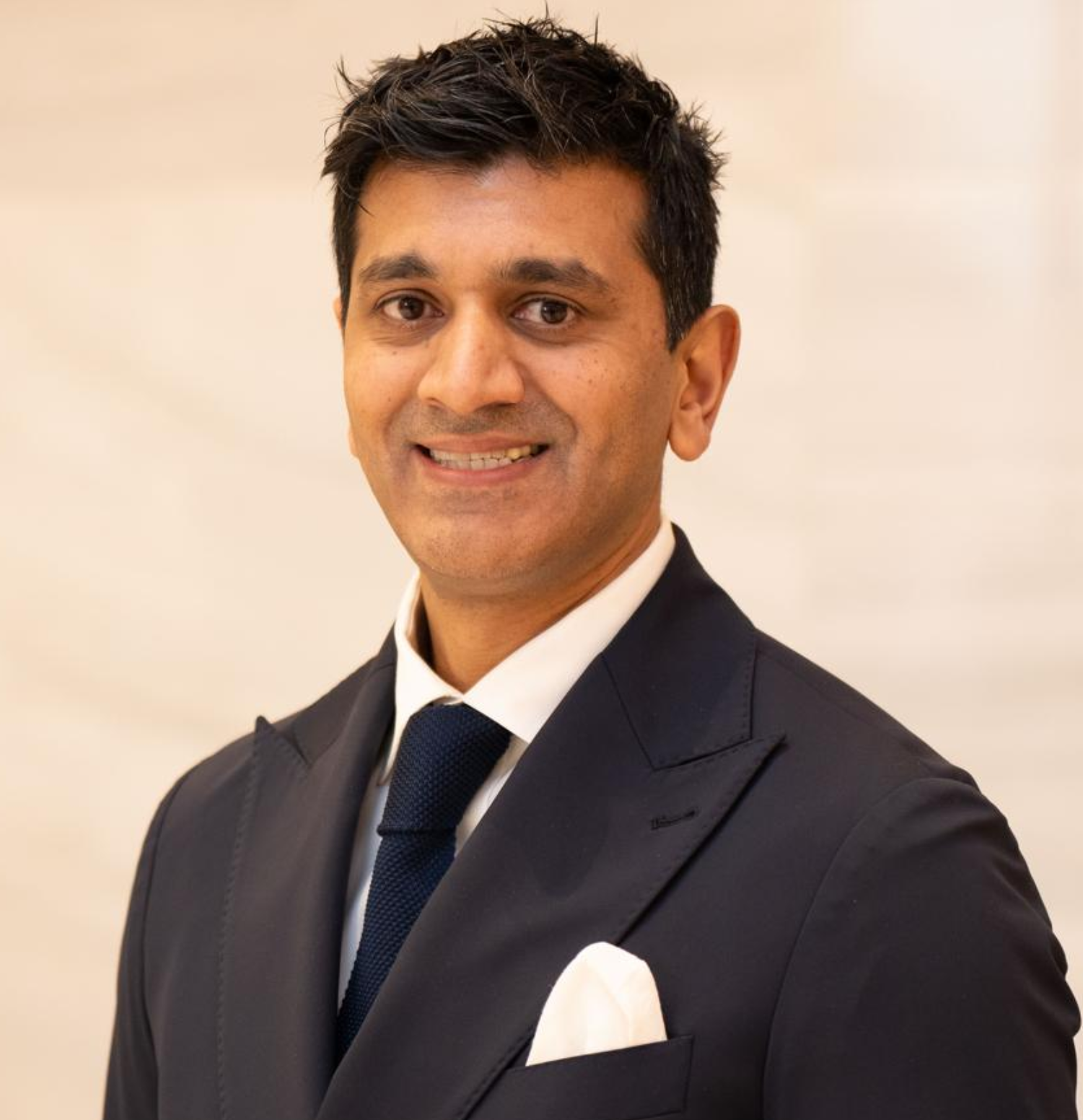
Saudi Arabia leads in AI optimism, investment, and adoption, global KPMG study finds
Saudi Arabia is rapidly becoming a global AI powerhouse, advancing at unprecedented scale while redefining how nations can harness artificial intelligence to drive economic and societal transformation. According to a new global study conducted by the University of Melbourne in collaboration with KPMG, the Kingdom leads in both AI adoption and optimism, with significant public trust and momentum across government and industry.
The study surveyed 47 countries and 48,340 respondents, revealing that 84% of Saudis accept or approve of AI, while 62% are willing to trust its applications. Optimism is a strong motivator, with 89% expecting AI to deliver tangible benefits, especially improved efficiency (91%). Notably, 86% have personally experienced or observed positive outcomes from AI integration in their lives or workplaces.
Despite the enthusiasm, 73% express concerns about AI’s potential downsides, particularly the loss of human connection (56%). Yet, 68% believe current safeguards are adequate, even as 60% call for stronger AI regulations. Misinformation is a growing concern: 68% question the authenticity of online content, and 56% fear AI could manipulate elections—prompting 87% to demand stricter laws to combat digital manipulation.
“AI is no longer a technological pursuit. It’s a geopolitical and economic strategy,” said Maz Hussain, Partner, Digital and Innovation at KPMG Middle East. “While the world debates ethics, models, and pilots, Saudi Arabia is executing with clarity of purpose—transforming into a global AI leader. This study reaffirms the Kingdom's commitment to leveraging technology for growth, anchored in responsible governance and national ambition.”
Saudi Arabia’s AI blueprint: Sovereignty, scale, and strategy
Saudi Arabia’s approach to AI is not incremental—it’s industrial. The Kingdom’s strategy is rooted in sovereign infrastructure, post-oil economic diversification, and a unique energy advantage that enables AI deployment at scale.
The government has committed over $600 billion to AI-related investments, including global partnerships, chip infrastructure, and cloud platforms. The 2025 launch of HUMAIN, a Public Investment Fund-backed AI firm, signals Saudi Arabia’s ambition to lead—not follow. In its first phase, Humain has secured 18,000 NVIDIA Blackwell GPUs (high-performance processors used in cutting-edge AI systems), with plans to scale to hundreds of thousands, creating one of the world’s most powerful AI infrastructures outside the U.S. and China. A notable next milestone came this month, with HUMAIN’s launch of Allam, the first Arabic AI foundation model, built in Saudi Arabia.
HUMAIN is also developing 6.6 GW of data center capacity by 2029, positioning Saudi Arabia among the top AI hosting nations globally. These hyperscale hubs, combined with local cloud providers and digital zones, form a sovereign AI infrastructure that will serve as a model for others.
The Kingdom’s energy advantage is another key differentiator. With subsidized electricity and abundant land, Saudi Arabia can power large-scale AI operations far more affordably than most nations—turning a global constraint into a competitive edge at a time when energy costs are a hidden burden in the generative AI race.
Saudi Arabia’s digital maturity across sectors such as oil & gas, utilities, manufacturing, and smart cities provides fertile ground for the rapid adoption of advanced technologies like generative AI, digital twins, and edge intelligence. These innovations are reshaping capital-intensive industries from the inside out.
To extend its influence globally, Saudi Arabia has launched the $10 billion Humain Ventures fund, targeting AI startups in the U.S., Europe, and Asia. This strategic outbound investment not only boosts the Kingdom’s international presence but also attracts top-tier founders to build in Saudi Arabia.
In parallel, a $10 billion agreement with AMD establishes a diversified, multi-vendor chip infrastructure—mitigating supply chain risks and reinforcing the Kingdom’s long-term AI resilience. Ethical AI governance, guided by SDAIA, complements this hardware strategy with a commitment to responsible and transparent implementation.
Crucially, Saudi Arabia is also investing in its people. From university research and education to startup accelerators and venture capital, the Kingdom is building an entire AI ecosystem—not just to create products, but to nurture a generation of local innovators and researchers capable of sustaining the AI economy from within.

Maz Hussain, Partner, Digital and Innovation at KPMG Middle East.
AI at work: Transformation in real time
The study found that 57% of Saudi organizations already use AI, with 61% relying on it for task execution. However, rapid adoption has come with growing pains: 58% reported mistakes caused by over-reliance on AI, and 70% admitted to using AI-generated outputs without verifying their accuracy.
Still, the benefits are undeniable. Three-quarters (75%) of professionals report improved efficiency, quality, and innovation, while 62% say AI has enhanced their organizations' revenue-generating capabilities.
What this means for leaders
For Saudi Arabia’s public and private sector leaders, the message is clear: AI is no longer a discrete technology project—it is a national enabler of industrial and economic transformation. To unlock its full potential, organizations must align AI strategies with the broader goals of Vision 2030, embedding them within enterprise-wide transformation programs rather than isolated pilots. This requires a localized approach to data governance, cloud infrastructure, and regulatory oversight, ensuring that AI systems operate securely and ethically within the Kingdom’s context. At the same time, building national talent must be a priority—not just hiring for AI skills, but developing them at scale through education and continuous upskilling. Ultimately, Saudi Arabia’s success will depend on its ability to forge strong partnerships—both global and local—while combining world-class expertise with homegrown ambition to create a robust, future-ready AI economy.








